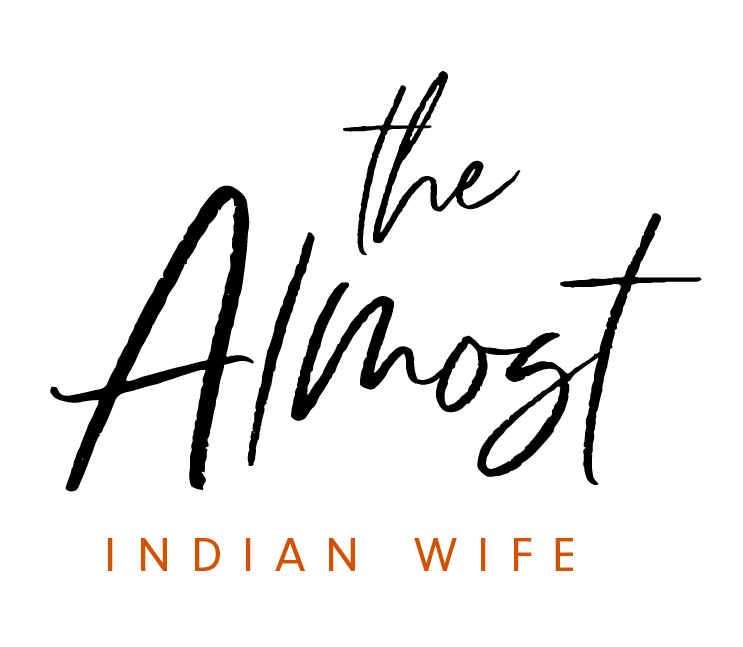Teaching My Multicultural Kids What's "Normal"
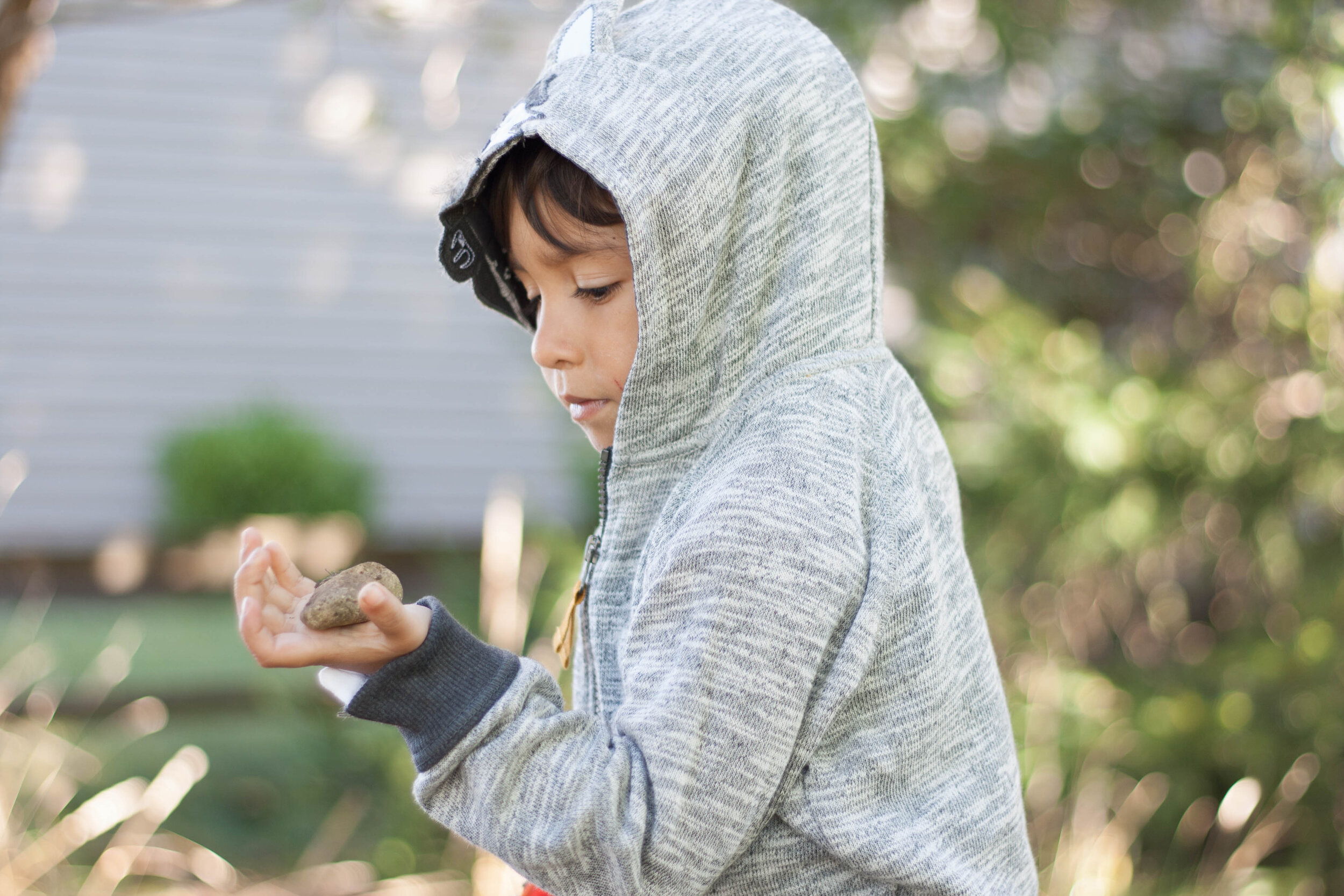
My Little Explorers
One of my favorites part of homeschool has been watching my kids explore. My little boys are curious about everything around them! If you look into their eyes, you can see they're always pondering something.Momma, why can't I marry you?Why can't we spend your grocery money on our toys? Aren't toys more important?Why doesn't everyone speak Telugu like daddy and me?I love hearing the questions their little minds come up with. While I may be assuming they're only thinking about the toy in their hand, they're actually processing life going on around them. They want to figure it all out.Sometimes, these questions are centered around what they want in the moment, like going toy shopping rather than grocery shopping. Other times, they're thinking about something much deeper. I'm always surprised to hear how deep their questions can become.Lately, my oldest son, Liam has been pondering the differences between him and those around him. As a biracial child, he's not new to the idea of being different than some of his friends, but he's starting to identify how they're different.
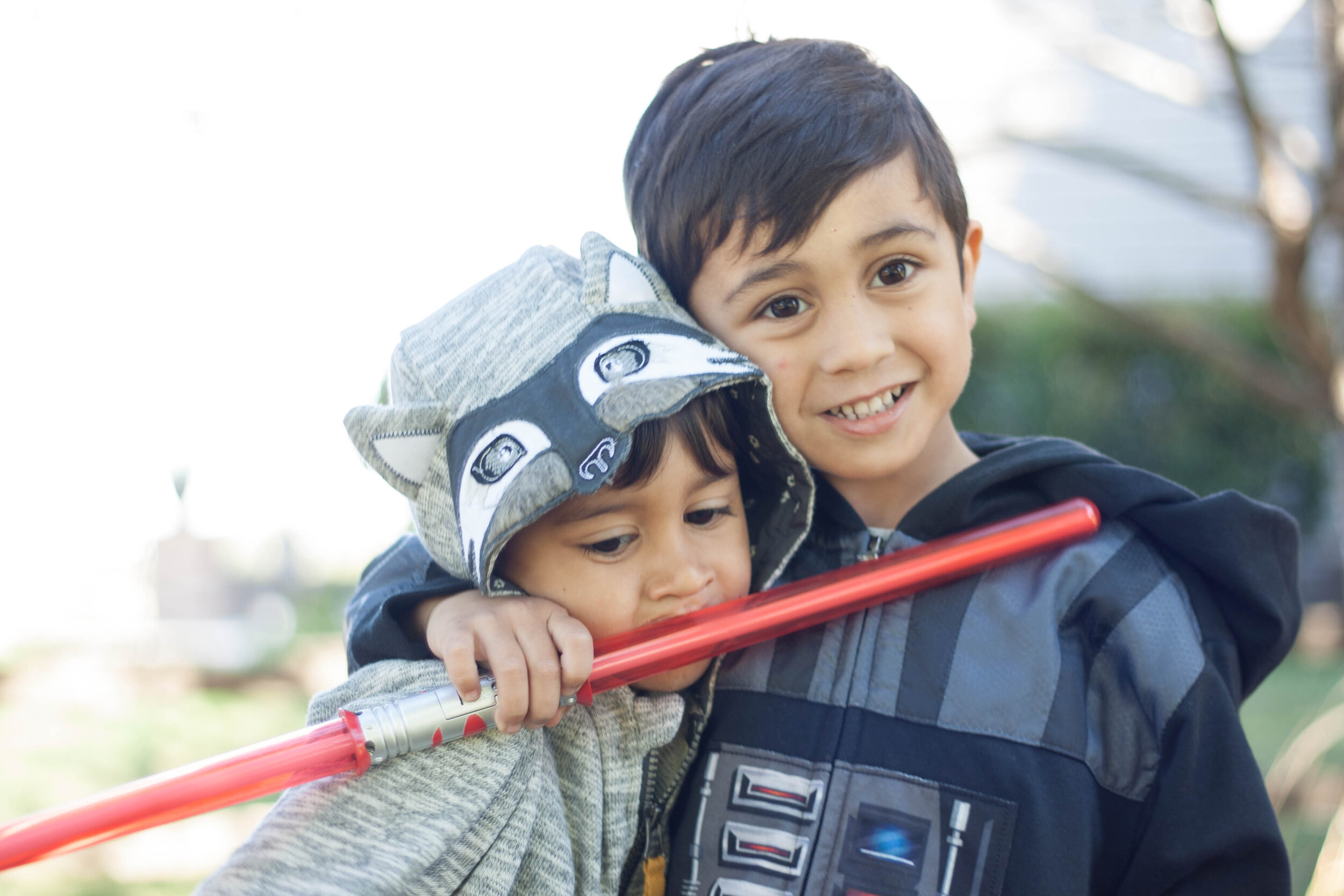 I Speak Normal
I Speak Normal
This week, we went to the store to pick up a few supplies. While we there, Liam overheard a few employees speaking in Spanish. He's fascinated with other languages because this is the first year he's had a personal desire to pick up more Telugu.He immediately started talking to me and asked if they were speaking Spanish. I said yes and he started to go off in his own version to show off for them, throwing in a few real Spanish words.He was so proud of himself. Then I became the mom that reminded him most of what he said was made up. Luckily, he just laughed and he started listing off all the Telugu words he knows.I love that he wants to explore languages, but I don't ever want him to come off as mocking someone else. I want him to know the difference between a made up language and a real language. Then he brought up one of his cousins who grew up in India.Momma, why doesn't he speak normal like me?Hun, there's not really a normal language. People across the world grow up speaking different languages and he grew up speaking Telugu. It's normal to him. Mom... Listen to me. See.. I'm speaking normal. It took some time to explain to him that normal is relative, but it got me thinking. I don't want to raise kids that think they're way is the only "normal" way. Right now, he's young and he's trying to process the world around him. I love that he's able to talk to me about everything he sees and wants to know more about.
Diversity Is Normal
I want my kids to grow up knowing diversity is what's normal. I want them to be able to look around and see the beauty in the differences between cultures.The more I can talk to my kids about the differences they see, the more normal it becomes. "Normal" is relative. It changes for everyone. However, one thing that should always be normal is a love for different cultures around the world.As my kids continue to question and figure out the world, I'm going to be right next to them. I want to help them as they figure it out.It's our role as parents to teach our kids the beauty of diversity. How can you do that? You do it by pointing out racial inequality, talking to your kids about what's going on the world, encouraging them to ask questions, and teaching them that all lives matter.Sometimes, I look at the news and for a moment, I wish I could hide it all from my kids. I don't want them to see how terrible people can be. I don't want them to know that some people are so hateful that they see their race as better than another.It's my job as their parent to talk to them about the hard things. I'd rather be the one to tell them, so I can also be the one to remind them all lives are important and diversity is what makes our world so beautiful.
How Should We Talk About Someone's Ethnic Background?

When Is It OK To Ask About Someone's Ethnic Background?
Curiosity is a normal part of human behavior. When we see something we aren't familiar with or can't label, we want to figure it out. As a mother of biracial children, I do tend to notice other biracial individuals and my mind starts to wonder. However, I wouldn't ask them about it unless we knew each other on some level.There are so many different views on this. Personally, I think you should get to know someone or at least know their name before you start asking questions about their ethnic background. As you start getting to know someone, it becomes a natural part of the process. You start asking each other questions and learning what makes each other tick.I love learning about someone's background because it all plays a part in who they are. Whether they grew up with a single mom, in Hyderabad, are the oldest in their family, etc. It's all a part of who they are.
What If I Don't Know How To Ask
People can usually tell if you're asking about their ethnicity because you care about them as a person or if you just want to fulfill your own curiosity. If they see you're being genuine, the how isn't usually a big deal. They can see that you aren't trying to be rude and that you are asking the best way you can. Then they're usually more willing to answer you.The problem is when people start throwing in stereotypes and assuming things about a complete stranger.
Here's What You Shouldn't Say To Someone Of A Different Ethnic Background Than Yourself
I asked my readers to share some common misconceptions they've experienced. Here are a few of the ones that really make you wonder what the stranger was thinking!
"I'm giving you the Hindi pamphlet so you can understand."
It doesn't matter whether or not you actually needed the pamphlet in a different language. They assume you do because you're Indian.
"His family must be really upset that you're married. Do they hate you?"
How do they know how your relationship is with your in laws? They assume there's strife because he's Indian and you're not.
"Was it really hard growing up in the US?"
They must be forgetting that the United States is full of people with different ethnic backgrounds. Just because you see an Indian man doesn't mean they grew up in India or a Russian women mean she grew up in Russia.
"You're so light! There's no way you can be African American!"
Who made the decision that you have to be a certain shade to "qualify" as African American?
Here's What You Should Do If Your Curious About Other Ethnic Backgrounds
As a society, we should all be learning about different cultures. The more we learn about them, the less likely we are to make generalized stereotypes. Stereotypes are what causes issues in talking about someone's ethnic background. Instead of asking someone about their background, we make statements based on what we assume to be true. Instead of assuming, learn.You should ask someone about their ethnic background to learn more about them as a person and to learn about their culture. Sometimes, it's hard to identify stereotypes we may have. The more you learn about another culture, the more those stereotypes are broken.
Let's Keep The Conversation Going
This has become a sensitive topic in our society. People get too nervous of saying the wrong thing and end up not talking about ethnicity at all. We need to challenge this and get the conversation going. The more we talk about race and ethnicity, the more walls are broken down.I want my kids to grow up in a society where they can be proud of their ethnic background and not feel ostracized for it. They love being biracial because they get to see amazing things from their culture. This can stay the same if we let all the stereotypes go and break down barriers between each other.
Pin For Later
How Can We Teach Kids To Celebrate Diversity
As a multicultural family, we're always looking for ways to teach our children about diversity. In a society that teaches our kids to blend in and avoid standing out, it's our responsibility to teach them to have pride in their differences. It's important for us to teach them that those differences make up who they are.In celebrating those differences, we surround our kids with diversity. We want diversity to become the norm for them. There are so many different ways you can teach your kids about diversity.

3 Fun Ways To Teach Your Child About Diversity
Games
Teaching your child through hands on activities is a great way to get the conversation going about diversity. You can play world games or you can look up games played in other countries. By making it fun, you've already grabbed their attention and their more likely to stay engaged because they want to learn more.
School
As our kids get older, they're in school about 3-8 hours a day. It's most of their day! Schools are the perfect opportunity to talk with your children about diversity. If your kid's schools don't offer programs that encourage diversity, start one! Start a multicultural festival where kids hear about different cultures around the world! Get involved and make diversity happen in your kid's schools. Your kids will love it!
Books
Books are one of our favorite ways to talk to our kids about diversity. It not only gets your kids excited to hear about the story, but it creates dialogue. Your kids will want to learn more about the pictures in their books. They want to know all about the characters, what makes them who they are, and how they can relate to them. 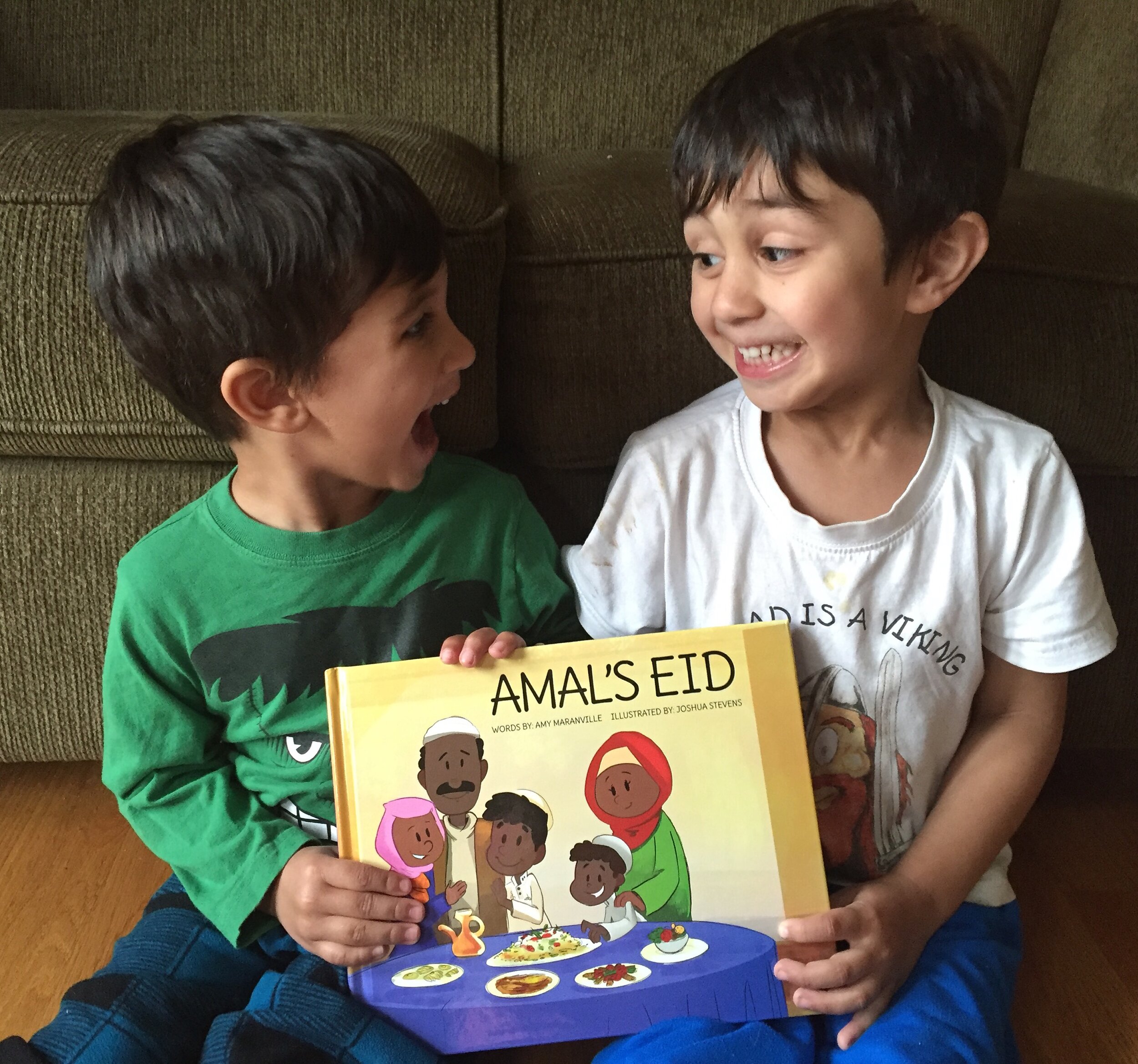
Where Do I Find Books Featuring Multicultural Kids And Families
Finding books about multicultural kids is hard. If you do find it, a white child is usually the main character. It has been a huge challenge for me to find books with a non-white child as the main character. I have great news... I found it!Bharat Babies is a wonderful company that features Indian children as the main characters in all of their books. Their books teach children about India through beautiful stories. As your child reads a book like Let's Celebrate Diwali, they will learn why children in India celebrate the holiday and meet Harini and her friends. 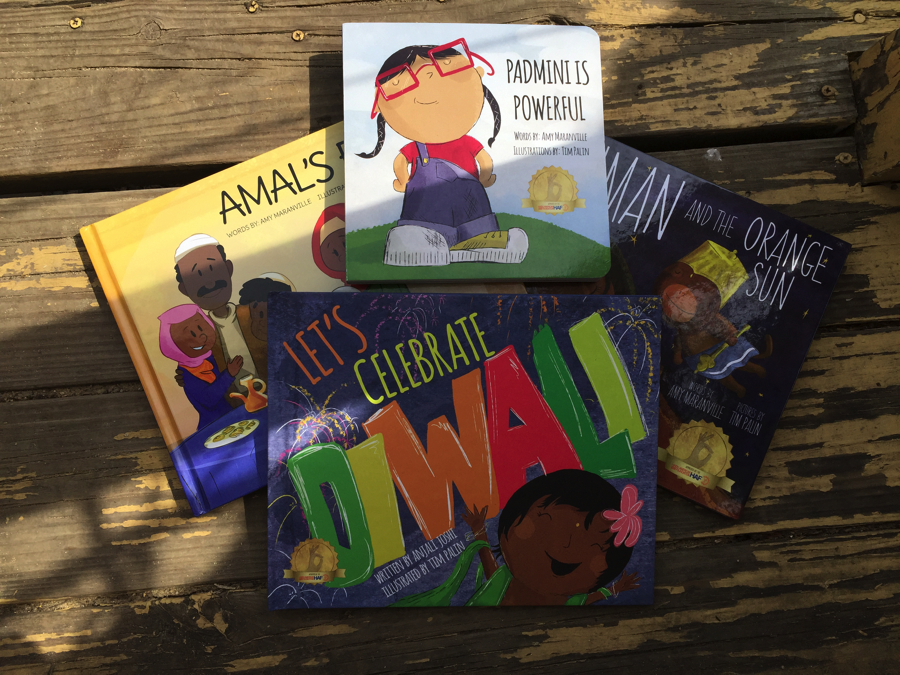 Bharat Babies books are great for children whether they live in a multicultural family or want to learn about a different culture. As parents, it's our job to teach our children about diversity. It needs to be a conversation so kids can ask questions and understand the differences that make us up are beautiful. I love how Bharat Babies celebrates diversity in their books!Let's join together and teach our kids about diversity today!
Bharat Babies books are great for children whether they live in a multicultural family or want to learn about a different culture. As parents, it's our job to teach our children about diversity. It needs to be a conversation so kids can ask questions and understand the differences that make us up are beautiful. I love how Bharat Babies celebrates diversity in their books!Let's join together and teach our kids about diversity today!
Learn more about Bharat Babies and stay up to date on new books by following themFacebook/ Twitter/ Instagram/ Blog
***This post was sponsored by Bharat Babies. As always all opinions are my own.**
How Can Schools Embrace Diversity

How Can Schools Embrace Diversity
Focus On All Major Holidays
During Holi (an holiday celebrated in India), my Facebook feed went crazy! My friends in India and the US were celebrating. Colleges in the US were even celebrating the colorful holiday by taking the colored powder to the lawn and having a great time! However, the one place I didn't see students celebrating or even talking about it was in elementary schools. They missed a huge opportunity to teach kids about India. Schools say they don't celebrate most holidays because of the religious ties to them. Just because you talk to your students about a holiday in India doesn't mean you need to convert them to hinduism while you're at it. By teaching students about major holidays celebrated around the world, you make students from those countries feel accepted and normal. You're also opening up your student and teacher's minds about something different to them.
Ask Questions Instead Of Avoiding Situations
I recently heard about a school where the principle will avoid saying international student's last names. During an assembly, he will list off first and last names until he gets to them and then he just uses their first name... Do you think that student feels normal or accepted when their own principle is too embarrassed to try and say their last name? No. All he had to do is get to know his students and ask them. By asking how to say their last name correctly, the student can see that the principle cares. Often times, teachers and adults will avoid topics because they're embarrassed. It only leads to students feeling ostracized and abnormal. Instead, they should be facing those situations head on and educate themselves.
Teacher Trainings
Teachers need to be educated on their students. They need to understand who they are, where they came from, and general religious practices. These trainings are the perfect time for teachers to ask their questions without a fear of saying the wrong thing. As teachers become more comfortable with different cultures, their teaching style will change. You need to know your students to know how you can teach them and how to really speak into their lives. --We need to bridge the cultures gap at home and in our schools. Diversity needs to be what's normal for our children, rather than teaching them to avoid talking about what makes us different.
